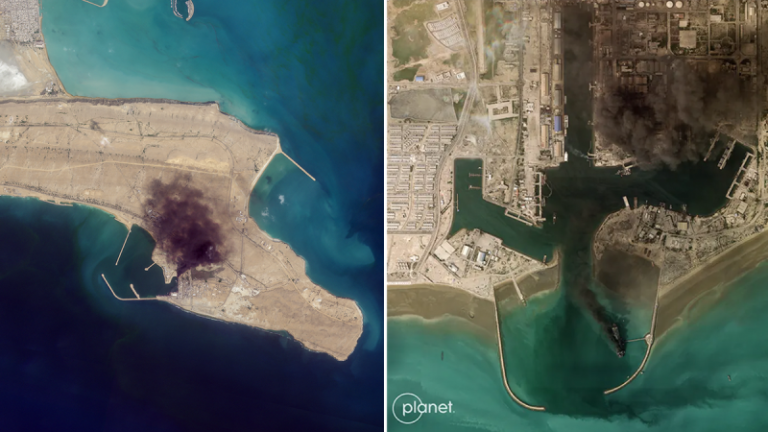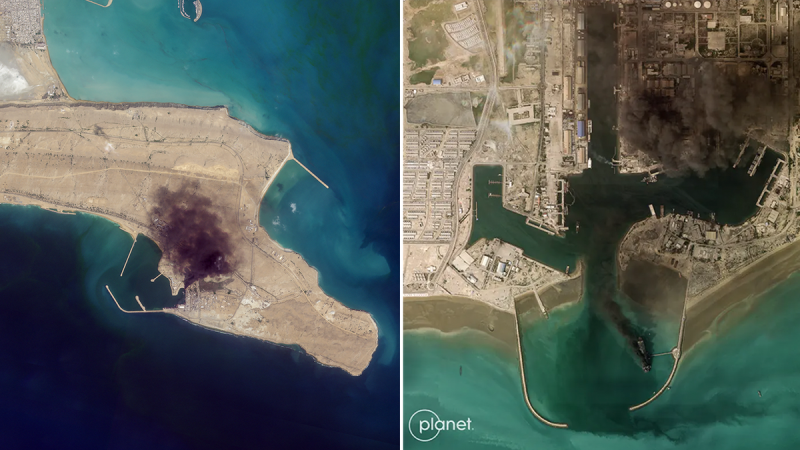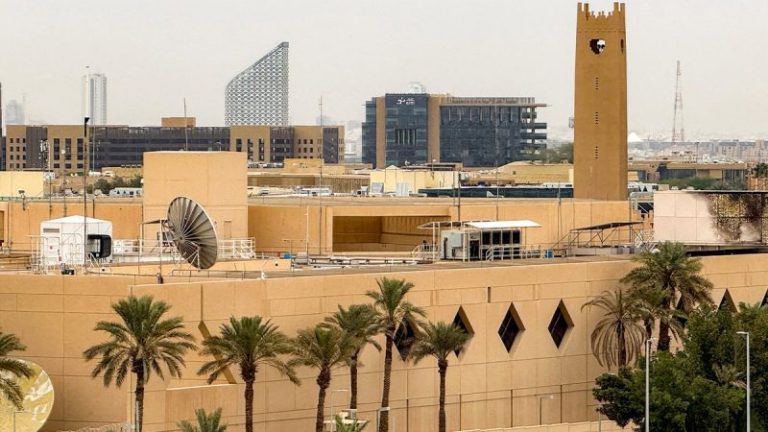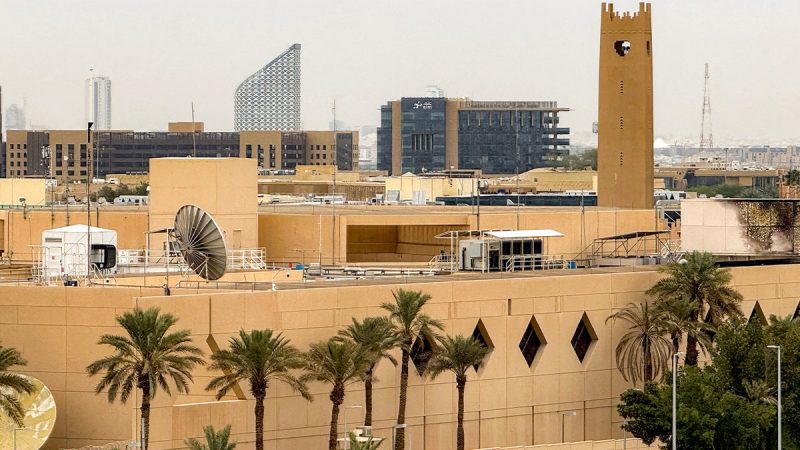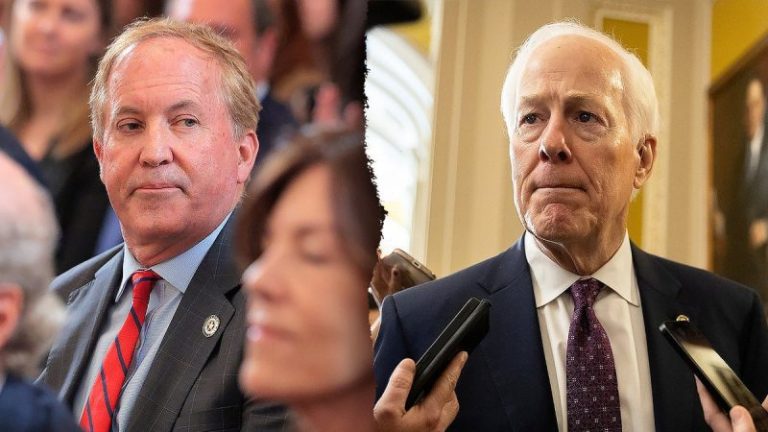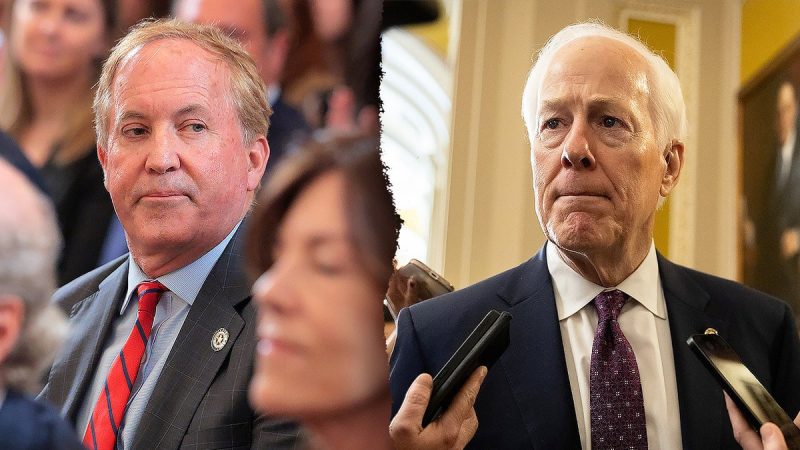

KEY HIGHLIGHTS:
- Execution of a non-binding commercial LOI with Jundu, Brazil’s most established industrial silica sand producer for extraction, processing and sale of high-purity silica sands from Santa Maria Eterna (SME) Silica Sand District in Belmonte, Bahia, Brazil.
- Jundu and Homerun are developing a formal industrial partnership at SME, with responsibilities allocated across supply, extraction and processing, and an option to construct new silica processing plant inside Homerun’s industrial complex to accelerate scale and reduce capital intensity.
- The LOI supports rapid scaling of supply using Jundu’s existing infrastructure and upgrade capabilities, further delivering on the milestones enunciated under Phase 1 and Phase 2 of Homerun’s Business Plan – supply, extraction, processing and logistics to revenues.
Homerun Resources Inc. (TSXV: HMR,OTC:HMRFF) (OTCQB: HMRFF) (‘Homerun’ or the ‘Company’) is pleased to announce that the Company has executed a non-binding Letter of Intent (‘LOI’) with Jundu Ltda. (‘Jundu’) for the extraction, processing and sale of high-purity silica sands from Santa Maria Eterna (SME) Silica Sand District in Belmonte, Bahia, Brazil. Jundu, is Brazil’s most established industrial silica sand producer.
Both Homerun and Jundu hold CBPM Lease assets in the SME District, and Jundu currently operates silica processing infrastructure with the capacity to invest quickly in upgraded processing capacity in support of large-scale silica sales brought forth by Homerun. Under the LOI, Homerun has invited Jundu to become a contributing partner for the supply of high-purity silica sand from their leases in the SME Silica Sand District, in particular for Homerun’s planned solar glass plant and associated secondary processing operations. Homerun’s forecast demand for the SME industrial complex is approximately 365,000 tonnes per year, and the LOI envisages that Jundu will be responsible for:
- Extraction and Processing (initially washing and sizing) of the silica sand, with the possibility of installing an updated facility within Homerun’s industrial complex to maximize capital efficiency and market competitiveness.
- Annual silica sand supply from Jundu’s own SME leases of a minimum of 50,000 tonnes per year (up to the 365,000 tonnes per year projected total), with the balance extracted at Homerun’s discretion from Homerun’s SME leases.
Across these initiatives, the LOI contemplates a projected volume of around 365,000 tonnes per year, across silica sales to third parties, silica for advanced purification by Homerun and silica for Homerun’s solar glass plant.
This Jundu LOI is a key deliverable under both Phase 1 (commercial SME District Control) and Phase 2 (development of logistics and production to revenues) of Homerun’s Business Plan Roadmap and aligns with the Company’s commitments under its 40-year lease agreement with Companhia Baiana de Pesquisa Mineral (‘CBPM’). By defining commercial structures, price ranges and volume ramps with a large, existing industrial partner with processing capability, the LOI is intended to support the development of the Bankable Feasibility Study (BFS) for Homerun’s planned solar glass manufacturing facility at Santa Maria Eterna.

The above diagram shows how this LOI fits into Homerun’s Corporate Strategy Structure and completes the first Industrial silica sales channel.
To view an enhanced version of this graphic, please visit:
https://images.newsfilecorp.com/files/4082/286093_cc2fd796d45729f8_001full.jpg
Brian Leeners, CEO of Homerun, commented, ‘Advancing from an MOU to a structured commercial LOI with Jundu is a major de-risking event for Homerun. It gives us a clear, scalable path to secure and process the high-purity silica we need, with a partner that already understands this district and this product and has an extensive business in the Brazilian silica market. These commercial terms are designed to feed directly into our Bankable Feasibility Study for the Santa Maria Eterna solar glass plant and, just as importantly, they facilitate a rapid move from the BFS to construction and then to meaningful cash flow. For our shareholders, this LOI is about converting potential into an executable, large-scale industrial plan in partnership with one of the most credible silica players in Brazil.’
About Jundu Ltda. (https://jundu.com.br/)
Jundu Ltda. is a leading Brazilian producer of industrial minerals, with a primary focus on high-purity quartz sand and other non-metallic minerals used in glass, foundry, chemical, ceramic, construction and energy markets. Jundu is jointly owned by Sibelco, a global material solutions company specializing in industrial minerals, and Saint-Gobain, one of the world’s largest building materials and construction-solutions groups. Through this ownership structure, Jundu combines local operational depth with the technical, commercial and ESG standards of two industry-leading multinationals, positioning the company as a highly respected, large-scale partner for demanding silica applications such as premium solar glass.
About Homerun
Homerun is building the silica-powered backbone of the energy transition across four focused verticals: Silica, Solar, Energy Storage, and Energy Solutions. Anchored by a unique high-purity low-iron silica resource in Bahia, Brazil, Homerun transforms raw silica into essential products and technologies that accelerate clean power adoption and deliver durable shareholder value.
- Silica: Secure supply and processing of high-purity low-iron silica for mission-critical applications, enabling premium solar glass and advanced energy materials.
- Solar: Development of Latin America’s first dedicated 1,000 tonne per day high-efficiency solar glass plant and the commercialization of antimony-free solar glass designed for next-generation photovoltaic performance.
- Energy Storage: Advancement of long-duration, silica-based thermal storage systems and related technologies to decarbonize industrial heat and unlock grid flexibility.
- Energy Solutions: AI-enabled energy management, control systems, and turnkey electrification solutions that reduce costs and optimize renewable generation for commercial and industrial customers.
With disciplined execution, strategic partnerships, and an unwavering commitment to best-in-class ESG practices, Homerun is focused on converting milestones into markets – creating a scalable, vertically integrated platform for clean energy manufacturing in the Americas.
On behalf of the Board of Directors of
Homerun Resources Inc.
‘Brian Leeners’
Brian Leeners, CEO & Director
brianleeners@gmail.com / +1 604-862-4184 (WhatsApp)
Tyler Muir, Investor Relations
info@homerunresources.com / +1 306-690-8886 (WhatsApp)
FOR THE ADEQUACY OR ACCURACY OF THIS RELEASE
The information contained herein contains ‘forward-looking statements’ within the meaning of applicable securities legislation. Forward-looking statements relate to information that is based on assumptions of management, forecasts of future results, and estimates of amounts not yet determinable. Any statements that express predictions, expectations, beliefs, plans, projections, objectives, assumptions or future events or performance are not statements of historical fact and may be ‘forward-looking statements’.
Neither the TSX Venture Exchange nor its Regulation Services Provider (as that term is defined in policies of the TSX Venture Exchange) accepts responsibility for the adequacy or accthe adequacy or accuracy of this release.

To view the source version of this press release, please visit https://www.newsfilecorp.com/release/286093
News Provided by TMX Newsfile via QuoteMedia


